
ADOPT A BEE
Contribute to biodiversity and adopt a house for solitary bees, perfect for every garden or balcony.

+100k
Protected Solitary Bees

+1 mln
Pollinated Flowers

Are you a business?
Discover our Services
dedicated to Businesses

Houses for Pollinators to Protect Biodiversity
Welcome a Community into Your Home: your PEFC-certified wooden pollinator house accommodates 20 inhabitants, including Polly and her friends, exceptional and surprisingly gentle pollinators. Help them by offering a home and become a hero in protecting solitary bees. Join us in supporting these precious creatures
pillarSection.mainTitle
pillarSection.subtitle
Why Protect Solitary Bees
Why Protect Solitary Bees


Life Cycle of Solitary Bees

Winter
Solitary bees enter a state of dormancy. Protected inside their cocoons or nests, they withstand the cold by conserving energy and waiting for the warmth of spring

Spring
They emerge from their shelters to begin their pollination activity. They mate, and females get to work building new nests where they lay eggs

Summer
Summer is the peak activity period for solitary bees. They continue to pollinate plants while eggs hatch, and larvae begin to grow

Autumn
Bees complete the growth cycle. New bees form inside their cocoons, where they will stay during winter, while current adult bees conclude their life cycle
How the Bee House is Made
Start Protecting Pollinators in Your Garden or Balcony
House for Solitary Bees
This simple gesture not only enriches your environment with the presence of vital pollinators but also demonstrates your commitment to biodiversity.
We use PEFC-certified wood and ensure a safe shelter for bees and respect for the environment. Inside, carefully selected and placed bamboo canes provide the ideal nesting place for solitary bees
Did you know you can also gift it?
The ideal gift for those who want to protect biodiversity firsthand
First 100 orders

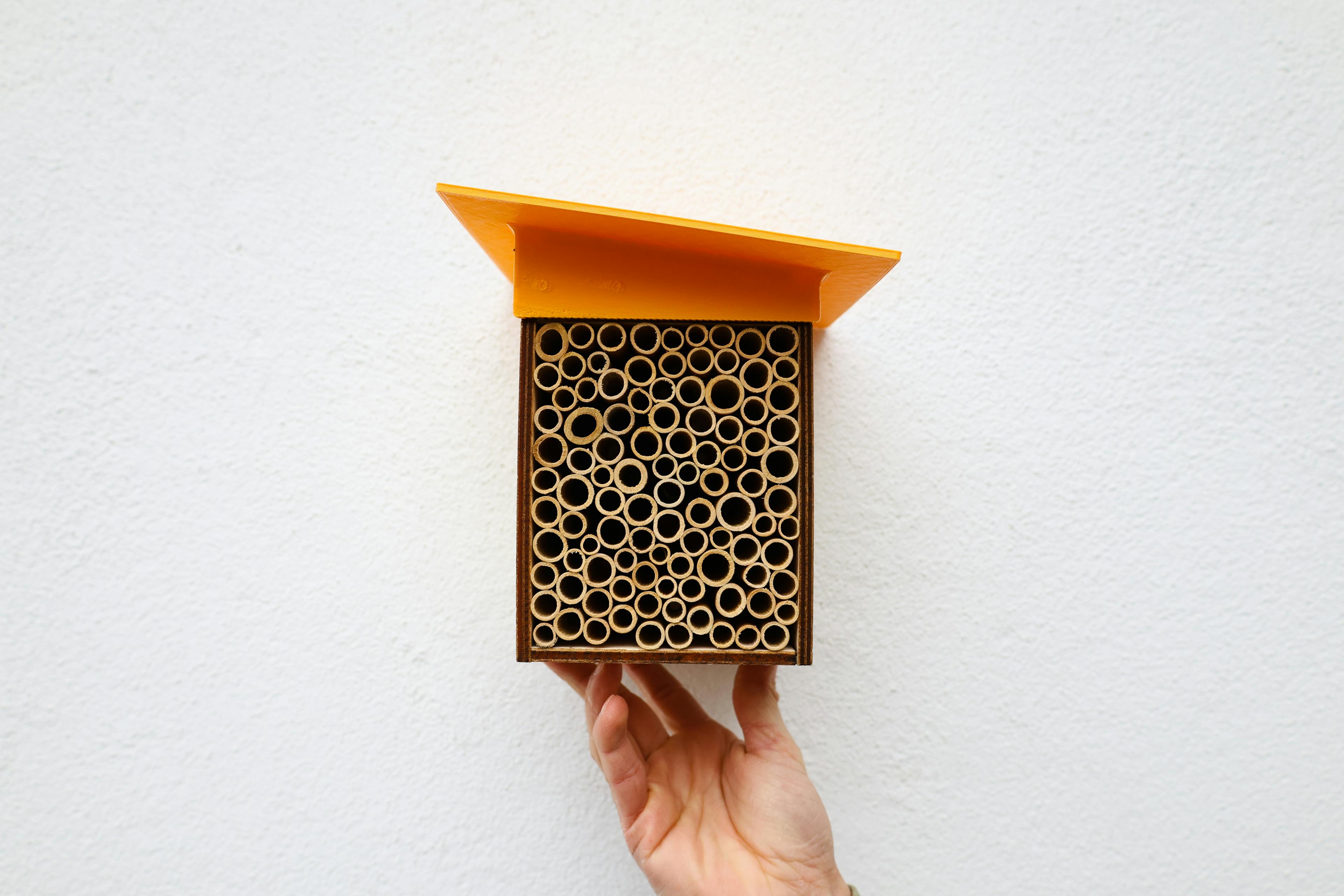
House for Osmia
POLLY (BEE) NOT INCLUDED
PEFC-certified wooden bee house developed to keep your solitary bees Polly safe
€52 €62
Start Protecting Pollinators in Your Garden or Balcony
How Adopt a Bee Works
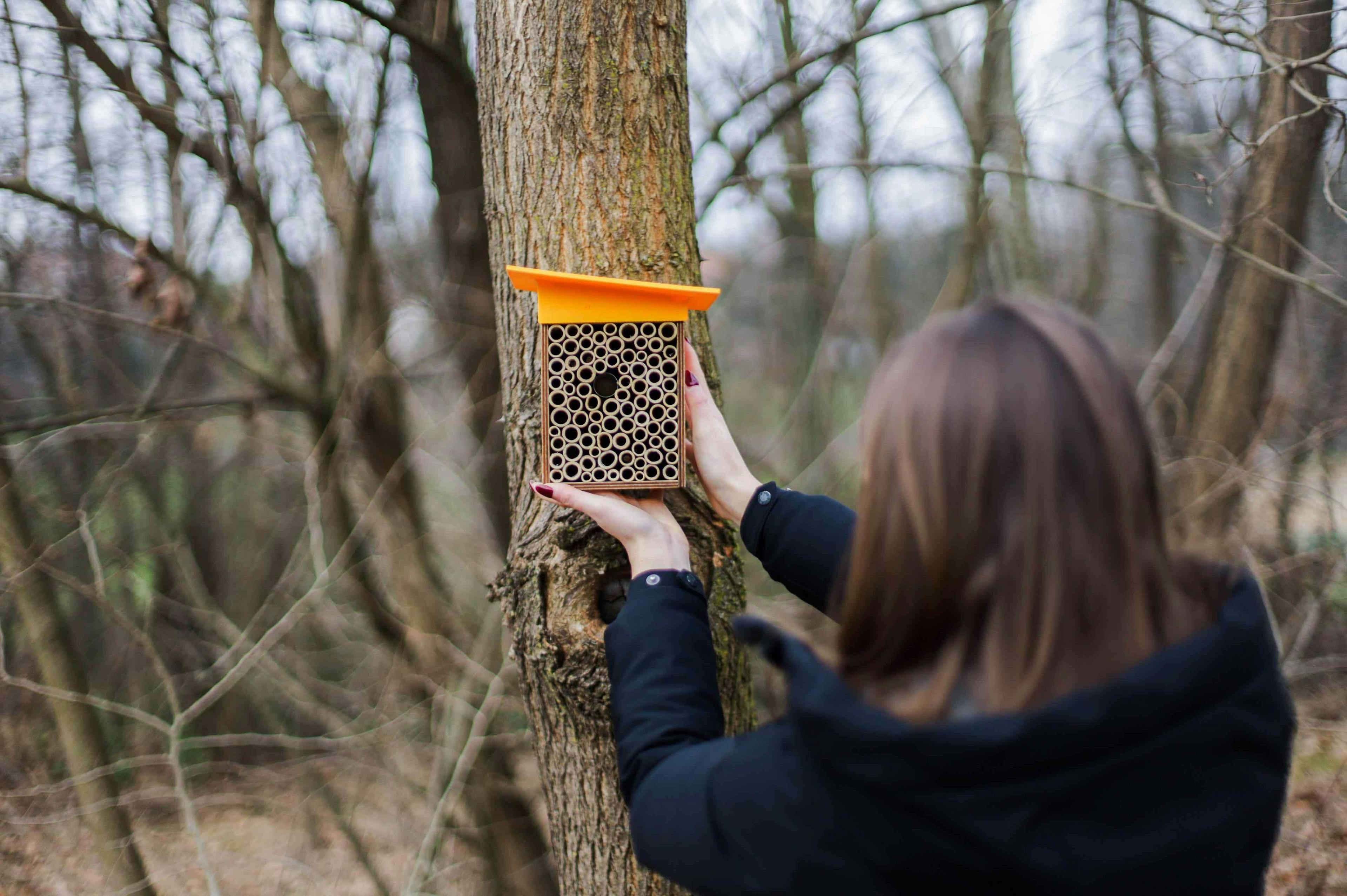

Install
Install
Install the house in a safe and protected place on your balcony or garden. Choose a sunny area, away from sources of disturbance, to ensure an optimal environment.

Plant
Plant
Enhance the habitat of your solitary bees with native plants and flowers that attract pollinators. You will promote bee activity and contribute to creating a healthier and more diversified ecosystem.

Observe
Observe
Become a keen observer of the life of solitary bees and other pollinators. Discover how they build their nests, how they feed, and how they pollinate plants, increasing biodiversity.
What Dangers Do Pollinators Face?
Climate Change
Extreme weather events cause reduced nutrient availability for bees
Agrochemicals
If used without caution, chemical treatments become harmful poisons to biodiversity
Diseases
Pests, viruses, and bacteria affect pollinators and spread rapidly
Habitat Loss
Deforestation and urbanization reduce the foraging of pollinators
3Bee Defends and Studies Pollinators
We actively commit to a future where technological innovation merges with respect for the environment and habitat regeneration.

Monitor
3Bee has developed technology that allows studying honey and wild bees. The data enables us to understand the health status of biodiversity.

Regenerate
By choosing a 3Bee hive, you contribute to the development of agroforestry systems that regenerate biodiversity. Spreading the territory with nectar and pollen.

Educate
Our data is used by over 15 universities and research centers to study bees. Over 800 schools have also implemented educational programs by 3Bee.

What We Do for Pollinators
In the world of pollinating insects, three main categories emerge: generalists, specialists, and nocturnal ones.
Among generalists, we find familiar bees, which visit a wide variety of flowers, showing their preference for an environment rich in biodiversity. Here, solitary bees emerge, essential for the health of ecosystems. Unlike their domestic counterparts, solitary bees tend to work independently but are equally, if not more, effective in their pollination activity.
Specialists focus on specific species, forming mutualistic relationships with these plants.
Nocturnal pollinators, like moths, work at dusk when some plants release nectar and intense fragrances
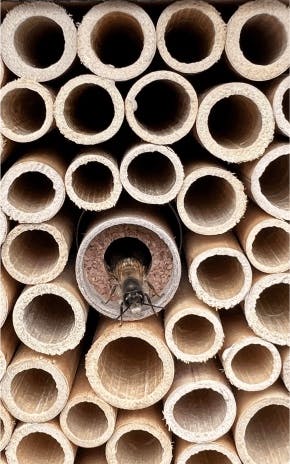
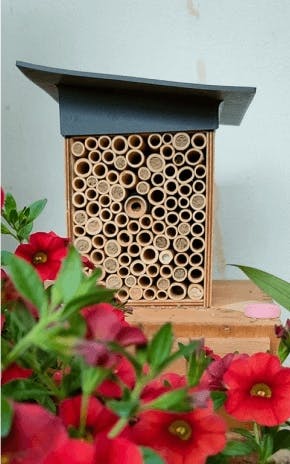
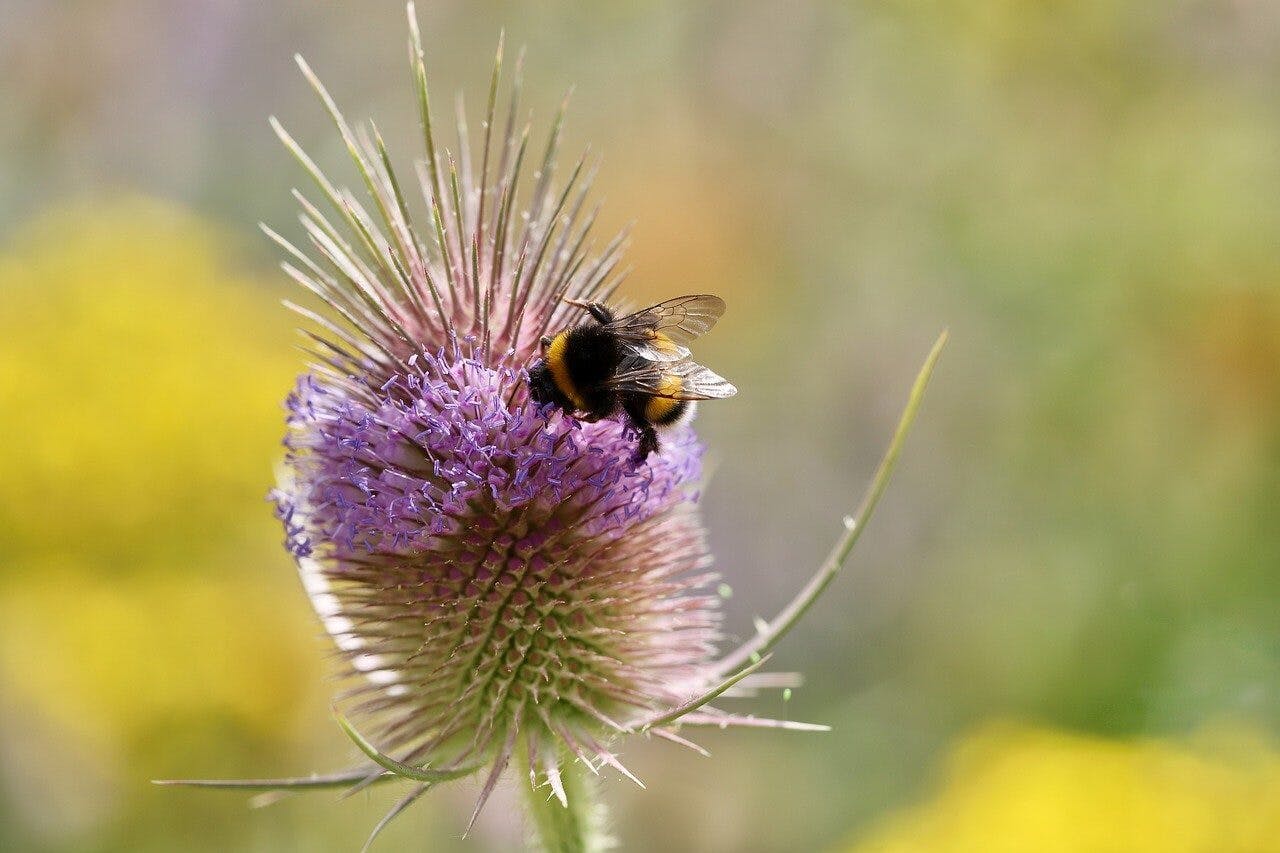
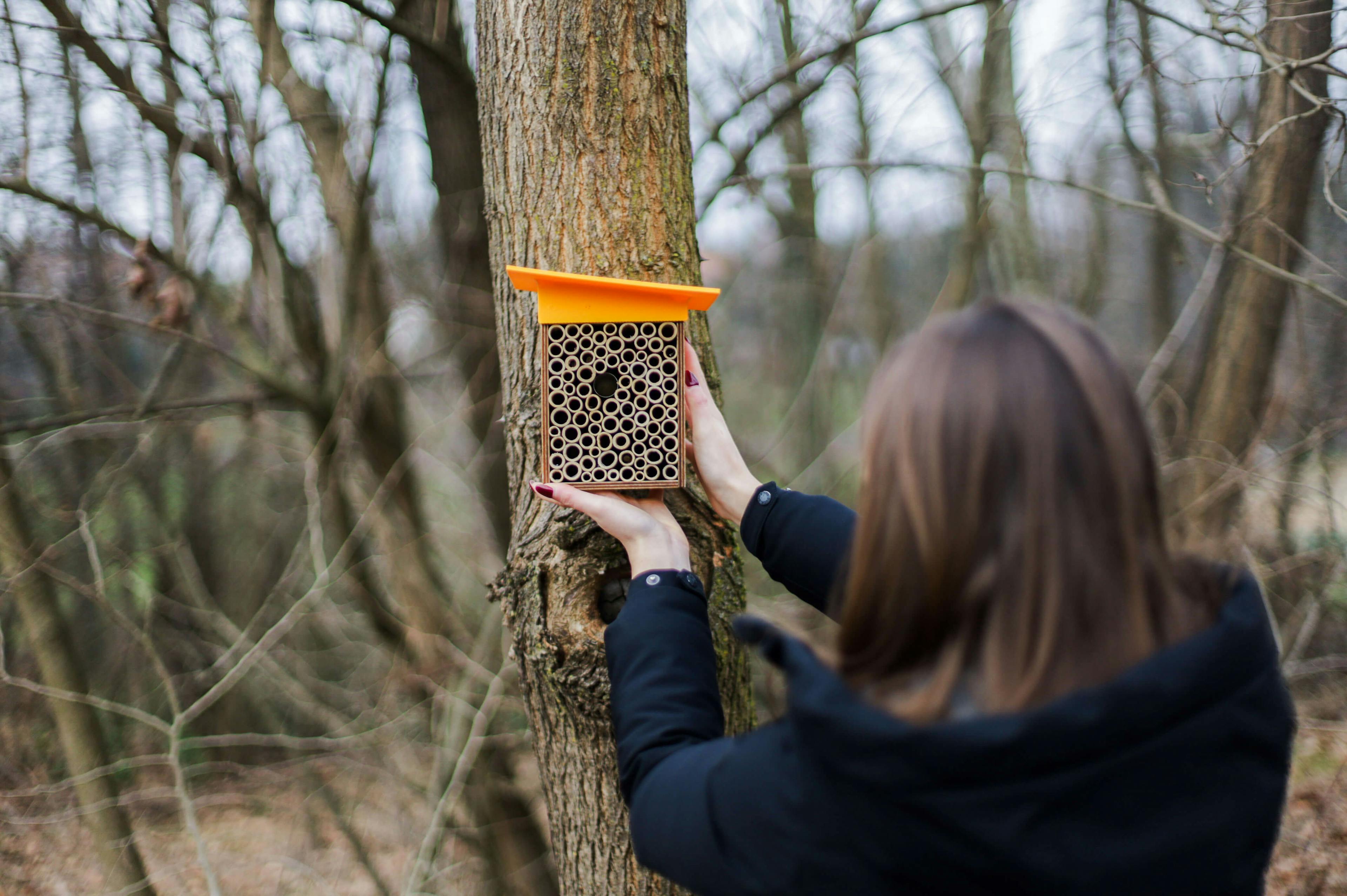
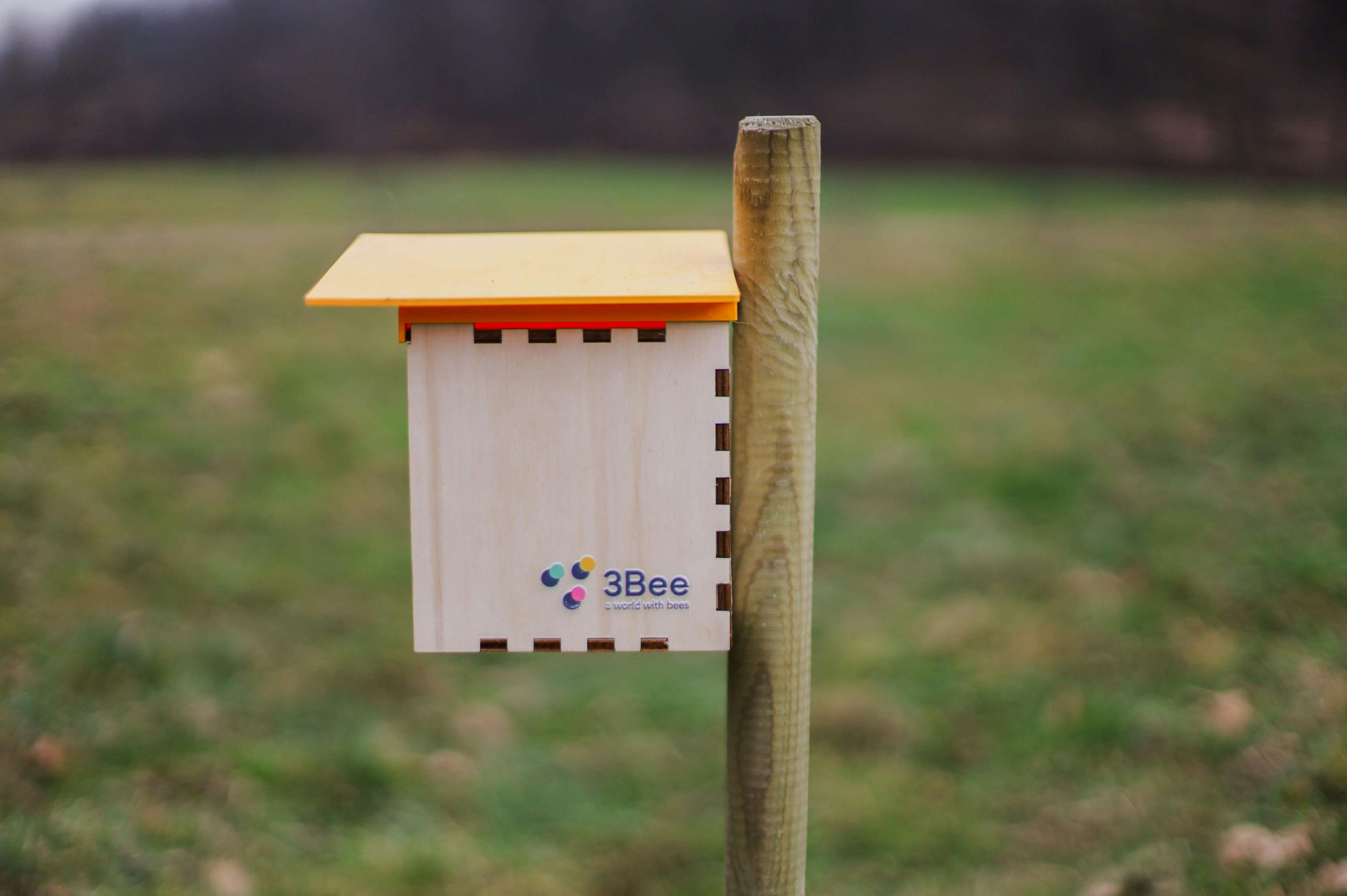
Want to give a completely digital gift?

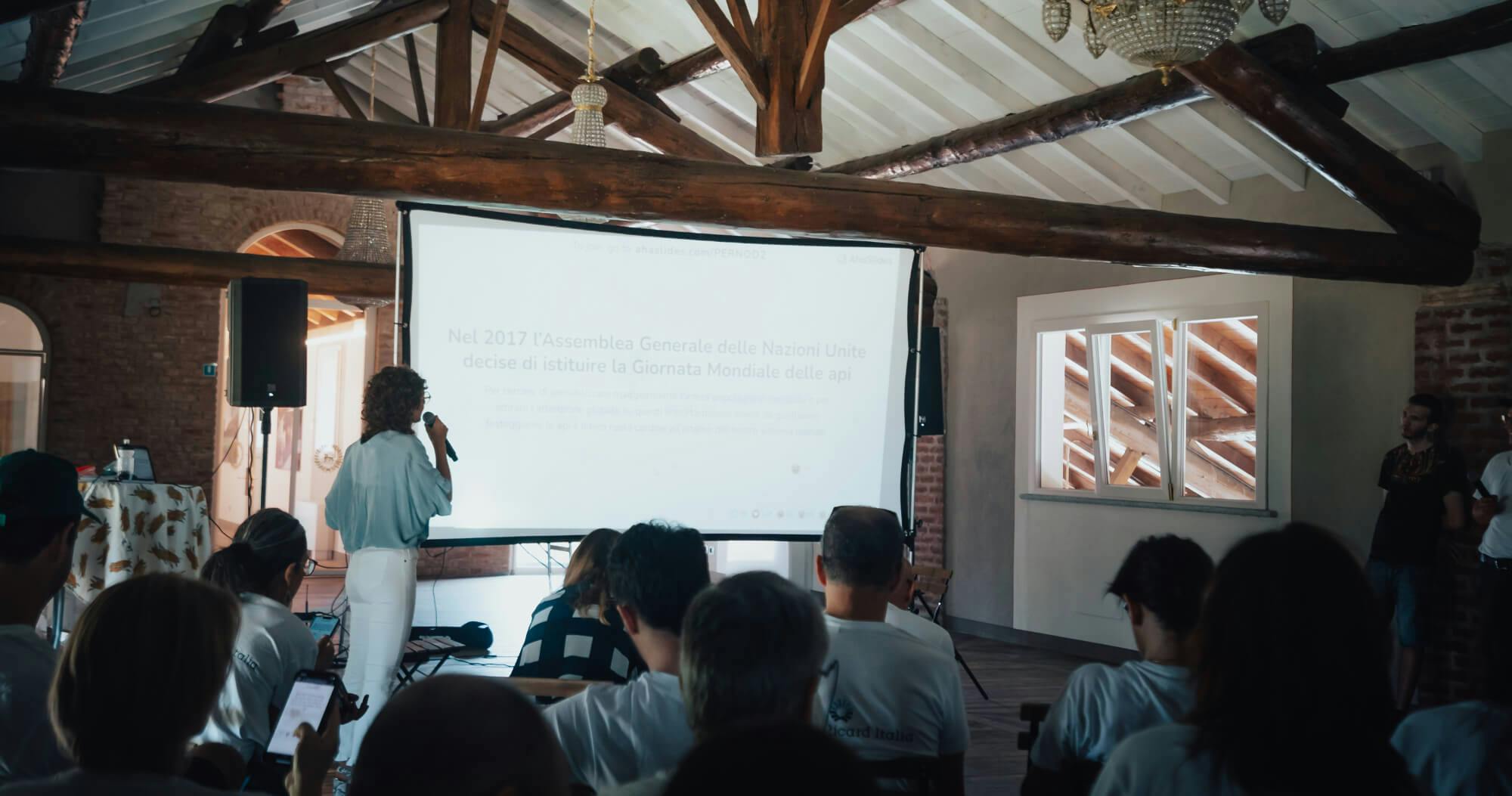
Are you a Business?
Join 3Bee for a tangible environmental and social impact, contributing to the safeguarding of solitary bees and the diversity of our planet

Excited about the project?
Sign up and stay informed about pollinators!
The little house is shipped in the spring.